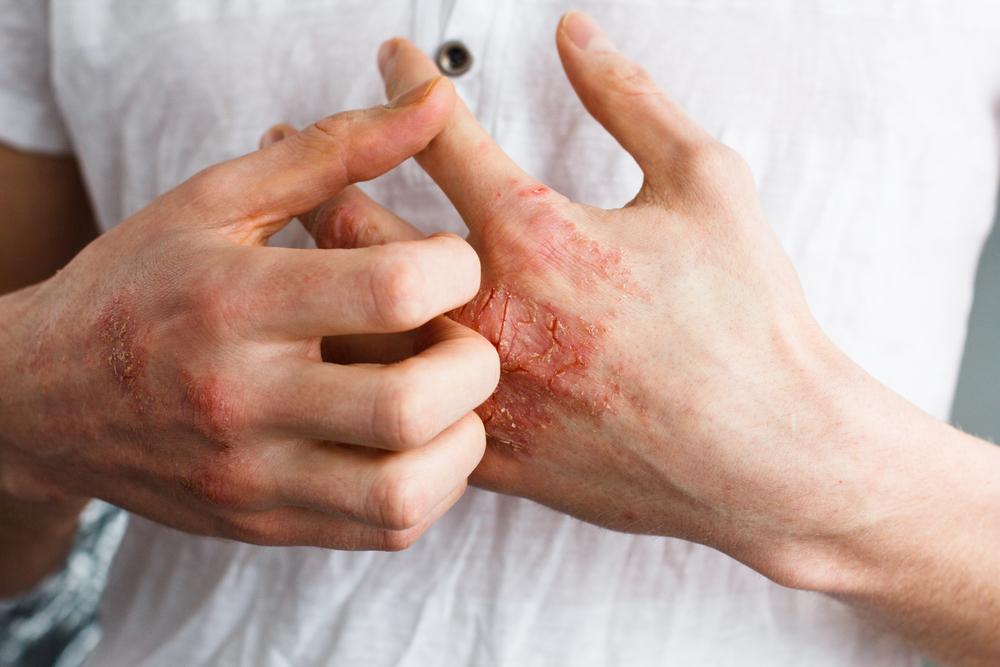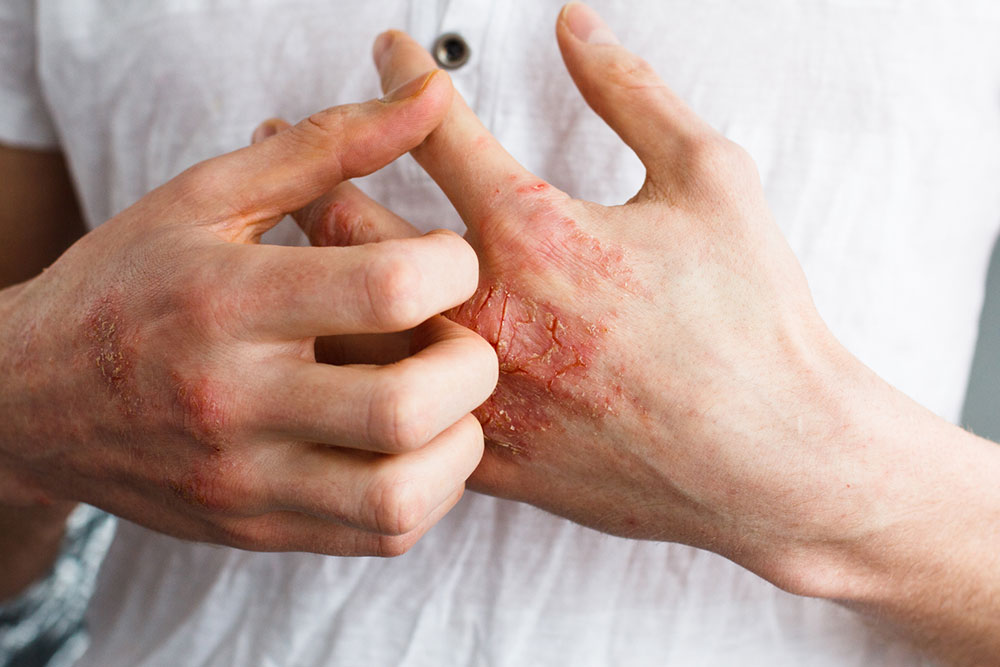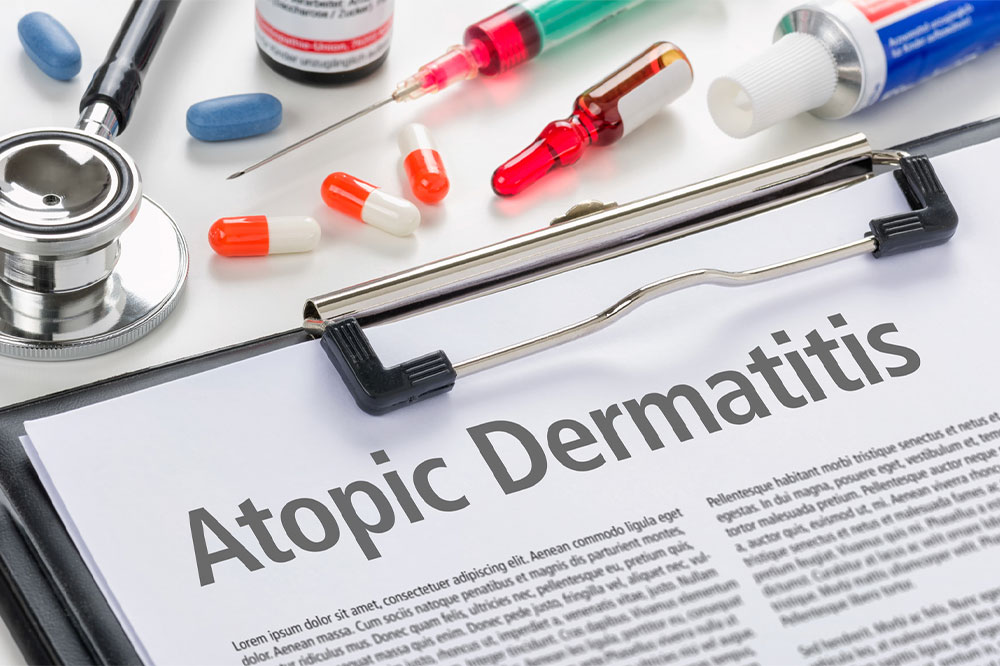Comprehensive Guide to Managing Eczema Effectively
This comprehensive guide explores effective strategies for managing eczema, emphasizing medication options, skincare routines, lifestyle modifications, and advanced therapies such as phototherapy. Tailored approaches help reduce discomfort, prevent flare-ups, and promote long-term skin health, improving quality of life for eczema sufferers.

Comprehensive Guide to Managing Eczema Effectively
Eczema, also known as atopic dermatitis, is a prevalent chronic skin condition that impacts countless individuals worldwide. Characterized by inflamed, red, itchy patches on the skin, eczema can occur on various parts of the body, including the face, neck, arms, and torso. Managing this condition effectively requires a multifaceted approach that combines medical treatments, lifestyle adjustments, and diligent skin care practices. If you're seeking to alleviate symptoms and prevent flare-ups, understanding the latest strategies and treatment options is essential.
This extensive guide provides in-depth insights into eczema management, including medication options, skin care routines, lifestyle modifications, and advanced therapies such as phototherapy. Whether you are newly diagnosed or managing chronic eczema, these strategies can significantly improve your quality of life by reducing discomfort and promoting healthy skin.
Consulting healthcare professionals is a crucial first step. They can accurately diagnose your condition, determine its severity, and recommend personalized treatment plans. Effective eczema management is not only about relieving immediate symptoms but also about maintaining long-term skin health and preventing infections.
The core objectives when managing eczema include:
Minimizing itching and discomfort,
Preventing future flare-ups,
Promoting skin barrier repair and healing,
Reducing the risk of secondary infections.
To achieve these goals, a combination of treatments tailored to your specific condition is often necessary. This comprehensive approach ensures better control of the disease, minimizes disruptions to daily life, and enhances overall skin vitality.
Maintaining optimal skin hygiene and hydration plays a vital role in eczema management. Keeping the skin moisturized reduces dryness and barrier breakdown, which are common triggers for flare-ups.
Effective Strategies for Managing Eczema
Successfully managing eczema involves a holistic approach that combines medication, skin care routines, lifestyle adjustments, and, in some cases, advanced therapies. Below are detailed strategies designed to offer relief and promote long-term skin health.
Medications for Eczema
Medications are often the foundation of eczema treatment. They help reduce inflammation, soothe itching, and prevent infections. The choice of medication depends on the severity of symptoms, affected areas, age, and individual response to treatments. Always consult a healthcare professional before starting or changing your medication regimen.
Corticosteroid creams and ointments: These are among the most common treatments for eczema. They work by reducing inflammation and calming the immune response in the skin. Mild corticosteroids like hydrocortisone are available over-the-counter and are suitable for mild eczema. More potent formulations require a prescription and are used for moderate to severe cases. The potency prescribed depends on the severity and location of the eczema.
Non-steroidal anti-inflammatory agents: NSAID-based topical ointments, such as calcineurin inhibitors (tacrolimus and pimecrolimus), help reduce immune activity without the steroid-related side effects. They are suitable for sensitive areas like the face and are often recommended for long-term management.
Barrier repair moisturizers: Specially formulated emollients help restore the skin's barrier, lock in moisture, and reduce dryness. These products are available over the counter, but selecting the right moisturizer—free from fragrances, dyes, and potential irritants—is crucial. Regular application is key to maintaining skin hydration and preventing flare-ups.
Antibiotics: If bacterial infection occurs due to scratching or skin damage, topical or oral antibiotics may be prescribed to combat infection and prevent complication.
Antihistamines: Especially useful at night, antihistamines can help reduce itching, improve sleep quality, and break the itch-scratch cycle, thereby avoiding further skin trauma.
Phototherapy in Eczema Treatment
For moderate to severe cases unresponsive to topical treatments, phototherapy—controlled exposure to ultraviolet (UV) light—can be an effective option. This therapy modulates the immune response in the skin and can significantly reduce inflammation. Types of phototherapy include narrowband UVB, broadband UVB, and PUVA (psoralen UV A). However, it’s essential to undergo phototherapy under medical supervision because excessive UV exposure can increase the risk of skin aging and skin cancer.
Discussing the benefits and risks of phototherapy with your dermatologist is crucial to determine if you’re a suitable candidate.
Home Skin Care and Lifestyle Modifications
Beyond medical treatments, adopting a rigorous skin care routine is fundamental in eczema management. Daily hydration, avoiding triggers, and maintaining skin hygiene are critical components. Here are some practical tips:
Use lukewarm water for bathing—hot water can strip natural oils from the skin.
Choose gentle, fragrance-free cleansers and avoid harsh soaps.
Apply moisturizers immediately after bathing to seal in moisture.
Avoid known irritants, including certain fabrics, detergents, and allergens.
Wear soft, breathable clothing to minimize irritation and sweat buildup.
Manage stress through relaxation techniques, as stress can exacerbate eczema symptoms.
Regular follow-up with your healthcare provider ensures that your treatment plan adapts to your changing needs and that you stay on top of managing flare-ups proactively.
In summary, eczema is a complex condition requiring personalized, multi-layered management. Combining appropriate medications, diligent skin care, lifestyle changes, and advanced therapies when necessary can significantly improve your quality of life. Always seek professional medical advice to develop the most effective treatment plan tailored specifically for you.





